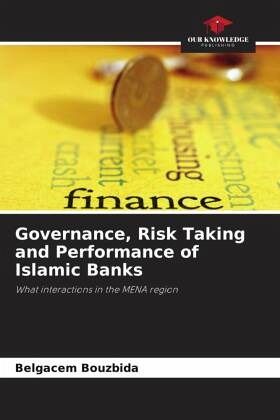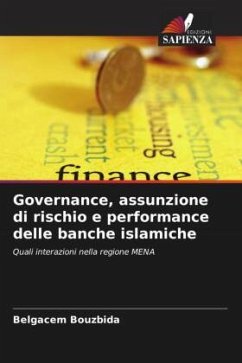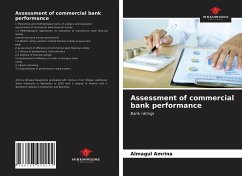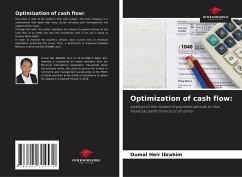
Governance, Risk Taking and Performance of Islamic Banks
What interactions in the MENA region
Versandkostenfrei!
Versandfertig in 6-10 Tagen
41,99 €
inkl. MwSt.

PAYBACK Punkte
21 °P sammeln!
This research examines the impact of governance composition on risk taking and performance of Islamic banks in the Middle East and North Africa region on a sample of 34 Islamic banks from 13 countries over an 11-year period from 2004 to 2014. The research is based on annual data on the different factors of bank governance namely the board of directors and the Shari'a board. We used GMM estimation and found satisfactory results. These results led us to conclude that the governance structure in Islamic banks plays a crucial role in risk taking and performance. Our results add a new dimension to ...
This research examines the impact of governance composition on risk taking and performance of Islamic banks in the Middle East and North Africa region on a sample of 34 Islamic banks from 13 countries over an 11-year period from 2004 to 2014. The research is based on annual data on the different factors of bank governance namely the board of directors and the Shari'a board. We used GMM estimation and found satisfactory results. These results led us to conclude that the governance structure in Islamic banks plays a crucial role in risk taking and performance. Our results add a new dimension to the governance research on Islamic banks. Despite variations across countries and a general perception of a conservative approach to risk taking. We show that Islamic banks' governance structures help them take better risks and achieve better performance. However, they retain better capitalization.












